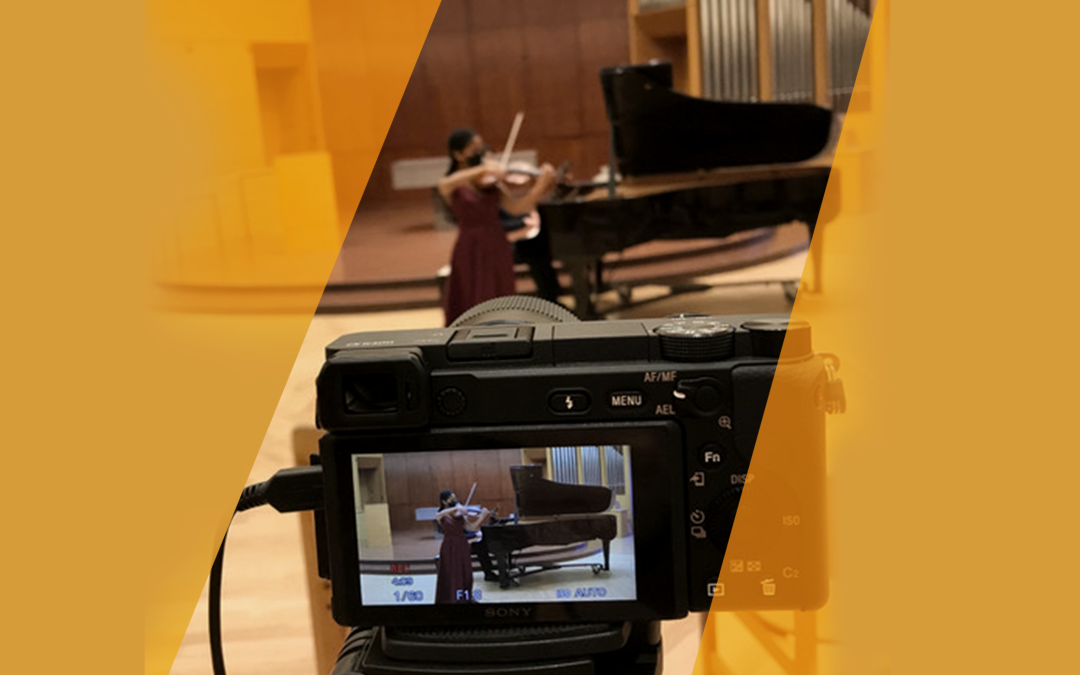Michigan Muse Winter 2023 > Online Auditions
Online Auditions: A Pandemic Necessity Becomes a Permanent Option
By Marilou Carlin
On February 25, 2020, the Centers for Disease Control and Prevention warned Americans that “disruption to everyday life may be severe” as a result of the newly identified SARS-CoV-2 virus, the cause of the rapidly spreading illness known as COVID-19.
The announcement came immediately after more than 2,000 prospective students, from across the country and around the world, had traveled to the University of Michigan for SMTD auditions, the annual rite in which hopeful artists and scholars perform for and are interviewed by faculty in their quest to matriculate.
Just days after the last of those students departed Ann Arbor, COVID-19 cases began to escalate dramatically all over the world. Within weeks, a global pandemic was declared and states began to implement shut downs.
While it was incredibly fortunate that the 2020 auditions were not affected by the pandemic, that luck would not hold. Any hope that the virus would dissipate by the following audition season – January and February 2021 – soon faded as cases continued to surge in the summer of 2020, and with vaccine authorization still months away. Anticipating that travel restrictions and safety protocols would be in place for a while to come, the SMTD Office of Admissions – led by Laura Hoffman, assistant dean for admissions, financial aid & enrollment management – proposed entirely remote auditions for 2021.
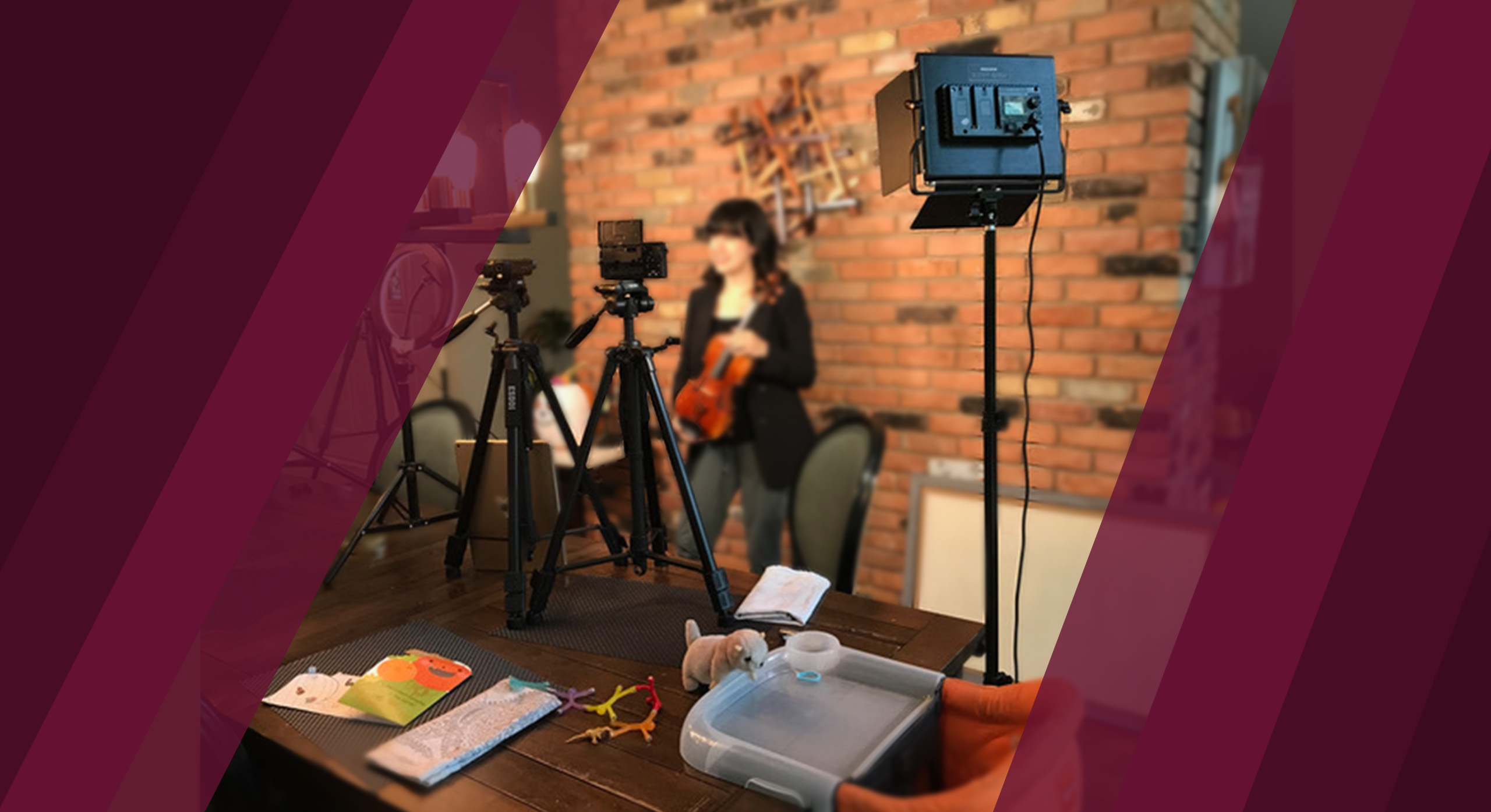
The Transition to Remote Auditions
Hoffman and her team spent that summer in countless Zoom meetings with faculty to discuss the idea, receiving their full support. Professors had already transitioned to remote classes and had acclimated to a Zoom world, so they felt relatively comfortable with screen interactivity. More importantly, they fully understood that safety precautions made an in-person audition season impossible. Any misgivings were quickly overcome.
“I was surprised by the efficacy of online auditions, which we were quick to embrace when everyone pivoted in that direction,” said Danielle Belen, associate professor of violin, expressing a common sentiment of the faculty. “Our admissions team was incredible in their organization of something that initially seemed insurmountable.”
Key to that organization was Joshua Bolton, recruiting coordinator for auditions and interviews, who was tasked with the technical legwork of adapting the existing software to the audition process.
“The systems that we were using were very versatile, so I was able to leverage what we already had in place,” said Bolton. “But it was quite a heavy lift for some of those months, figuring out what we had to do on the back end to make all of this work. There was a whole area of technical parameters that we had to operate under and learn.”
On the other hand, Bolton discovered some positive trade-offs to the transition. For starters, he didn’t have to solve “the puzzle of the building spaces”: trying to find the right room at the right time for each and every audition. That took a burden off of his workload, allowing time to adjust the seemingly age-old protocols of the audition framework for the new digital age. Ultimately, the registrations system and other systems that Bolton devised provided flexibility and control over how many auditions would take place on each date, and a seamless transition was achieved.
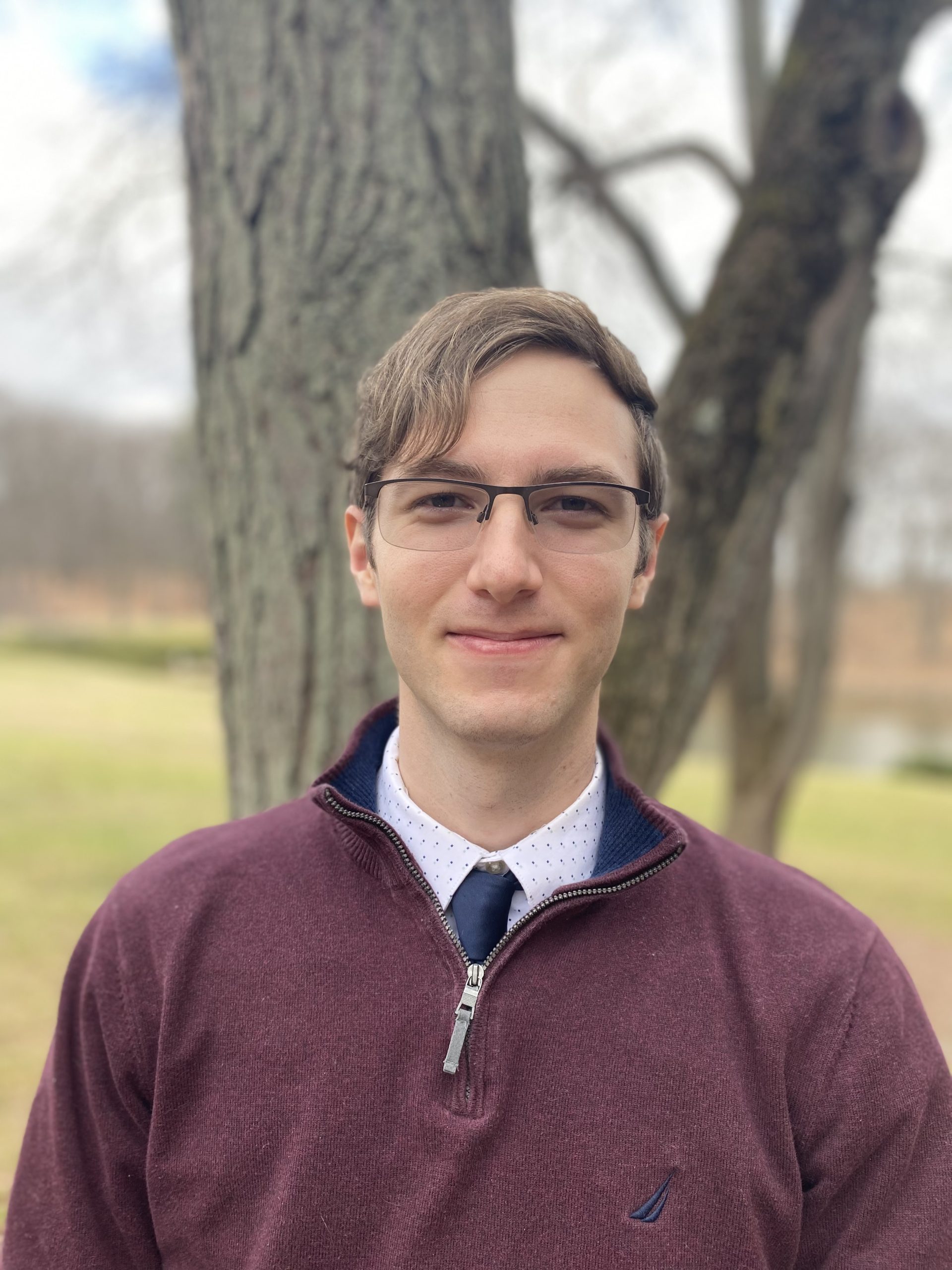
Josh Bolton, recruiting coordinator for SMTD admissions.
“There was a point around the end of January [2021] when I said, ‘Wow, this is actually working,’” said Bolton. “I had expected issues to arise, but it was running very smoothly.”
Occasionally there were technical problems at the student end, he said, but the SMTD system was built well and functioned perfectly. The faculty was pleased with both the process and the quality of the candidates that were ultimately invited to enroll.
“The process revealed the durability of our craft,” said Belen. “Nothing would stop us from hearing live performances from our future students. We all joined together to make it work, and, for me, the end result was the matriculation of an extraordinary class of string players.”
And, there were benefits for applicants: for the first time in the history of the school, students didn’t have to travel to Ann Arbor, so all who were invited to audition were able to, regardless of distance from campus, financial means, or restraints on their time. The result is a more equitable, accessible, and inclusive audition process; time and money are no longer at issue.
“Anyone can do it,” said Bolton. “As long as you have a computer and an enclosed space, you can audition.” He said the process is uncomplicated and students don’t need to be overly concerned with guidelines. “We just recommend that candidates do their best to maintain a neutral video background with little to no visual distractions. That’s about it.”
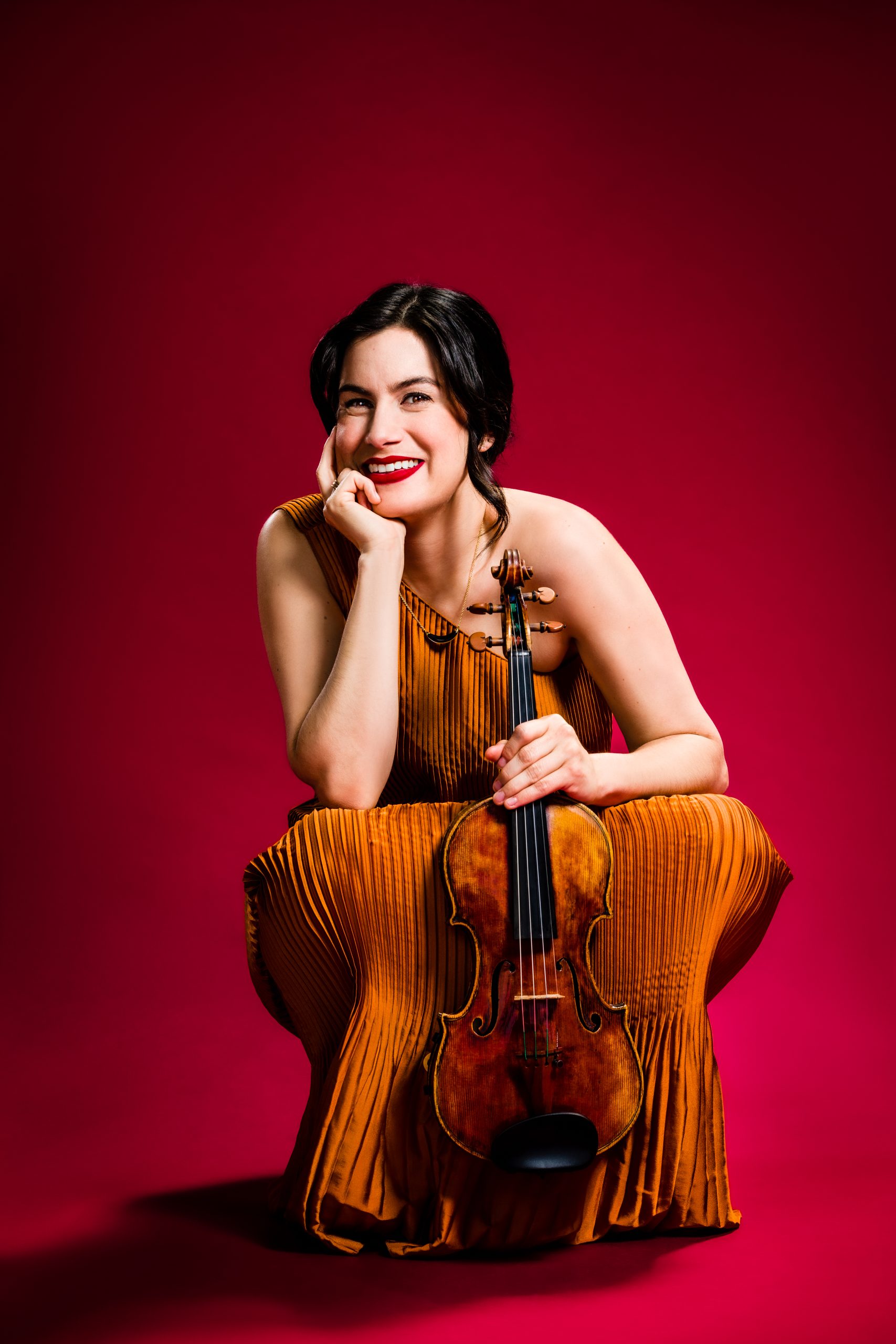
Danielle Belen, associate professor of violin.
The Online Model Remains an Option
Of course in-person auditions are still the gold standard. They allow for face-to-face interaction between candidates and faculty and admissions staff; ideal acoustic environments; superb SMTD accompanists; excellent studio spaces for dance, theatre, and musical theatre; and ensembles for the conducting candidates to lead. In addition, students who travel to Michigan get the opportunity to explore the campus and get a feel for life in Ann Arbor.
But even with all the benefits of the in-person experience, the online experiment proved remarkably positive in its own right, and even revealed silver linings.
“Although I believe nothing replaces the buzz and excitement of students visiting the campus in person, we did our best to convey the spirit of SMTD and Ann Arbor,” said Belen. “I remember screen-sharing Google images of our magnificent Hill Auditorium when speaking with prospective students online about our campus, something I wouldn’t have thought to do in our pre-pandemic world.”
Belen said the online audition process forced faculty to think differently about how to connect to applicants. “One of the things I think we learned, and actually do much better now than before, is to communicate more with prospective students post-audition, and schedule more in-depth conversations about their future and goals,” she said. “Even though in-person auditions are returning this year, I will still use this tool to make myself more accessible to students on the cusp of saying ‘yes’ to their admission offers.”
Bolton and the rest of the admissions staff are convinced that online auditions provide a fair and equitable substitute to in-person auditions. For that reason, the online model is not going away: the 2023 audition season will see a mix, with about 75 percent of auditions conducted in-person and 25 percent remotely. (That had also been the plan for 2022, but the Omicron variant disrupted that arrangement, and the decision was made to revert to the online format used in 2021.)
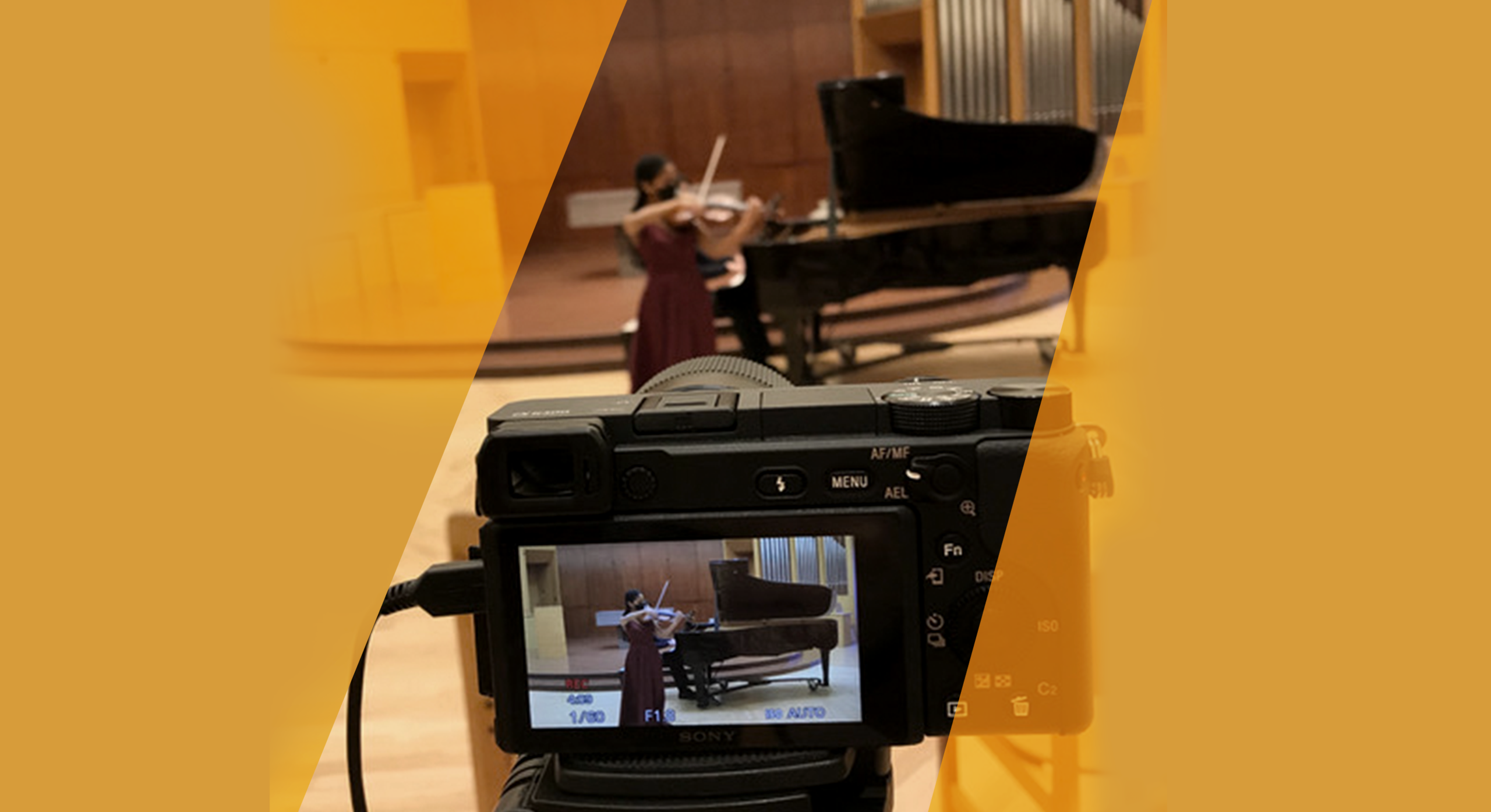
There are some exceptions; a handful of the doctoral programs still require in-person auditions due to more involved, multi-day auditioning protocols. Yet even at that level, online auditions will still be available when extenuating circumstances exist, such as a candidate residing in a country with travel restrictions, like China. Overall, online auditions will remain a part of SMTD’s admissions process for the foreseeable future.
“As long as we continue to be transparent about the fact that choosing the online format will not have a negative effect on your audition, and communicate that to candidates, there will be students who will want to take advantage of it,” said Bolton. “It will always be 100 percent viable and something that our faculty and school is willing to offer.”

